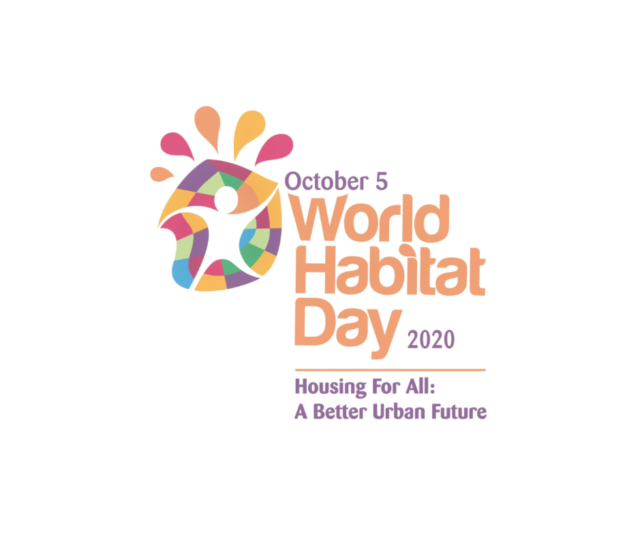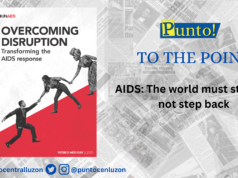“The urgency of improving living conditions has been brought to the fore by Covid-19, which has devastated the lives of millions in cities. Access to clean water and sanitation, along with social distancing, are key responses to the pandemic. Yet in slums it has proved difficult to implement these measures. This means an increased risk of infection, not only within slums, but in whole cities“
–UN Secretary General Antonio Guterres
HAVING AN adequate home is now, more than ever, a matter of life and death. As Covid-19 continues to spread, people have been told to stay at home, but this simple measure is impossible for people who do not have adequate housing.
At the same time, Covid-19 has reminded us that home is much more than just a roof. To make us feel safe and enable us to continue living, working and learning, a home needs to be secure, to allow us to access basic services and infrastructure for hygiene measures and to have enough room for physical distancing. It should also be located in a place that enables residents to access public green and open spaces, employment opportunities, health-care services, schools, childcare centres and other social facilities.
An estimated 1.8 billion people were already living in slums and informal settlements, inadequate housing or in homelessness in our cities worldwide before the pandemic began. Some 3 billion people lack basic hand-washing facilities. This means millions of people worldwide are more likely to experience poor health due to the absence of basic services and exposure to multiple socio-economic and environmental hazards.
Structural inequalities have been highlighted by the Covid-19 pandemic, showing how people from minorities, indigenous peoples and migrants are disproportionally affected by housing precarity, overcrowding and homelessness.
Covid-19 has spread in areas where people lack adequate housing, and are faced with inequalities and poverty. Residents in these areas are also often not recognized by the authorities or protected and face the risk of being evicted and relocated, particularly in times of crisis. According to ILO, 55 per cent of the world’s population – about 4 billion people – do not benefit from any form of social protection.
Housing is a human right and a catalyst for all other fundamental rights. It is the only way to ensure the “Right to the City for All”.
(The United Nations designated the first Monday of October of every year as World Habitat Day to reflect on the state of our towns and cities, and on the basic right of all to adequate shelter. The Day is also intended to remind the world that we all have the power and the responsibility to shape the future of our cities and towns.)





